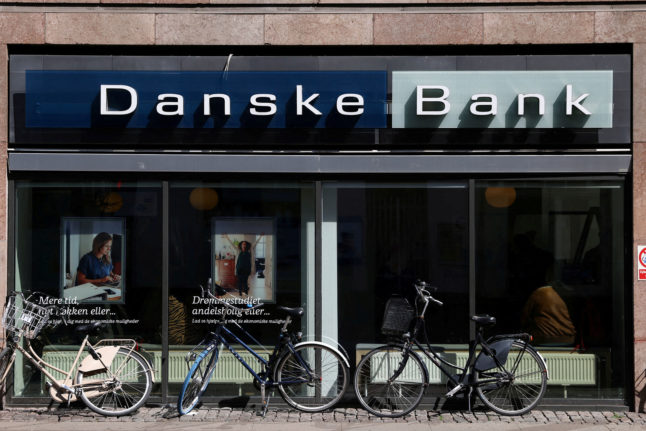“The discussions with US and Danish authorities related to the Estonia matter are now at a stage where Danske Bank can reliably estimate the total financial impact of a potential coordinated resolution amounting to a total of DKK 15.5 billion” or $2.1 billion, the bank’s chief executive Carsten Egeriis said in a statement.
“Our dialogue with the authorities is ongoing, and while there is still uncertainty that a resolution will be reached, we hope that a resolution will be concluded before the end of this year,” he added.
The bank had already set aside 1.5 billion kroner in 2018 when the scandal first emerged.
An investigation carried out by an outside law firm for the bank found that it could not account for the origin of more than $220 billion that flowed through its Estonian branch from 2007 to 2015, much of which was suspected to have come from Russia.
Danske Bank’s shares soared more than 10 percent after the announcement, the first time it has provided any estimate of the fines it may face.
Copenhagen City Court is meanwhile currently hearing a money laundering case related to the bank’s disgraced branch in Estonian capital Tallinn.
In the case, a Danish-Russian woman is accused of laundering over 29 billion kroner through the bank in cooperation with a Lithuanian national, by using shell companies in Copenhagen.
The now-closed Tallinn Danske Bank branch was at the centre of the major money laundering scandal in 2018.
READ ALSO: Danish court jails woman in 4 billion euro money laundering case



 Please whitelist us to continue reading.
Please whitelist us to continue reading.
Member comments